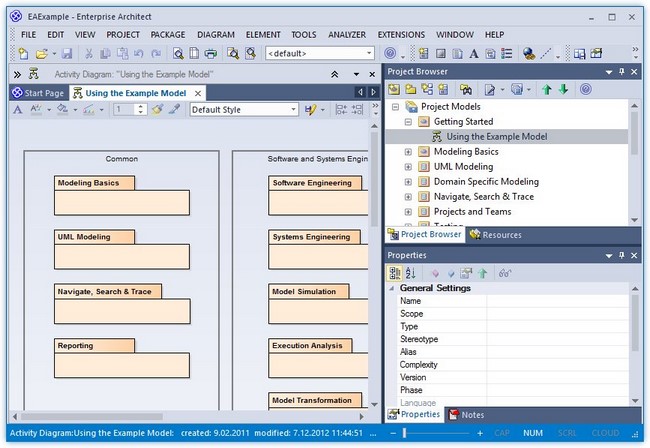


Last month, Red Hat dropped a bombshell: CentOS users who had started adopting CentOS 8 and expected support for stable releases until the end of the 2020s would get just one year of support. So Red Hat's willingness to come in and backstop CentOS was generally a good thing-for a time. The CentOS maintainers were sometimes having a hard time keeping up with upstream changes in Red Hat Enterprise Linux (RHEL), and major releases like version 7 and 8 were challenging due to the required architecture changes. When Red Hat took over the CentOS project back in 2014, there was a mixed, but mostly positive reaction. I also have a video version of this post (in case you're more visually inclined): Killing a project doesn't mean the project will vanish overnight, but what has happened so far is two very large companies in the 'enterprise open source' space have shown the chinks in the armor of the monetization of open source software.įor many years, everyone in the industry pointed at Red Hat as the shining example of 'how to build a company around open source'.Īnd for the past decade, the open source Elasticsearch, Logstash, and Kibana logging ecosystem was on a tear, becoming a standard in the open source cloud stack.īut Red Hat was bought out by IBM in 2019, and after taking over the community CentOS project (which happened in 2014, well before the acquisition), they basically neutered it by ending the decade-long support cycle it was previously known and loved for.Īnd Elastic switched from the Apache 2 license to a non-free software license for Elasticsearch just a couple weeks ago.

People may rightfully refute these statements, but the statements are more complicated than you might think.


 0 kommentar(er)
0 kommentar(er)
